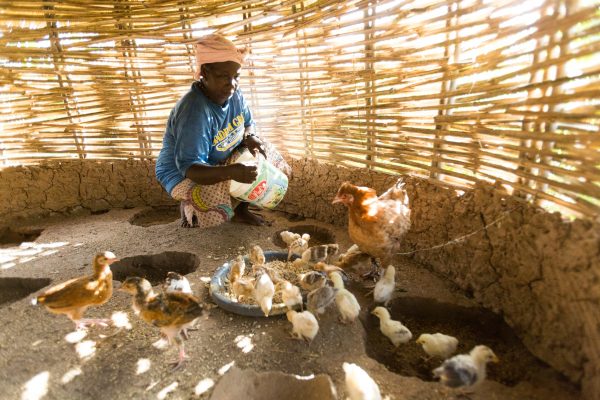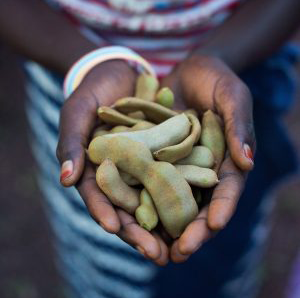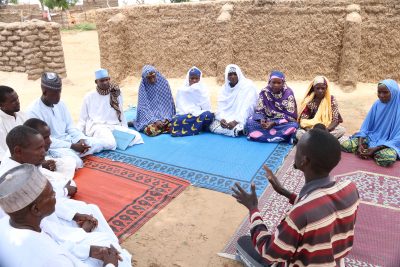Building strong, resilient communities
Our Approach
NCBA CLUSA builds more resilient communities, so vulnerable people can face uncertainty with confidence.
Resilience is the ability of people, households, communities, countries, and systems to mitigate, adapt to and recover from shocks and stresses in a manner that reduces chronic vulnerability and facilitates inclusive growth. We help people acquire the assets, knowledge and agency to anticipate, weather, and bounce back from shocks and stresses, without compromising future generations.
Our inclusive interventions improve food and nutrition security, asset accumulation for vulnerable households, equitable management of natural resources, and transparent and accountable governance to build more resilient communities. NCBA CLUSA’s process provides a comprehensive, flexible guide that adapts to unforeseen challenges and opportunities, evolving over time. We facilitate self-directed change within the communities, governments, and systems where we work.
Our resilience approach addresses critical points within a nation’s socio-ecological system to bring about lasting positive change: strengthened governance capacity, improved land use management and farming practices, and better health and nutrition. This integrated approach helps vulnerable individuals, families and communities plan for, recover from and overcome shocks, including those caused by climate change.
Equipping local institutions, producer organizations and civil society groups to adapt to the impacts of climate change requires strong governance that can anticipate and proactively address community needs. NCBA CLUSA helps governing bodies to develop land and natural resource management plans that oversee the use of water, land and other resources to reduce conflict, improve planning and protect local assets.






